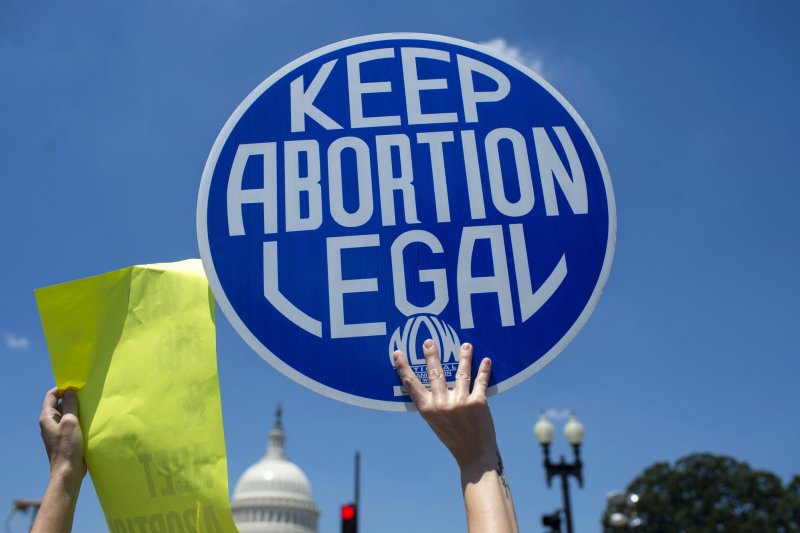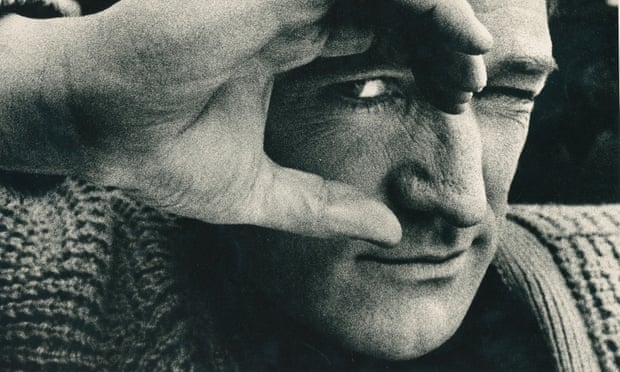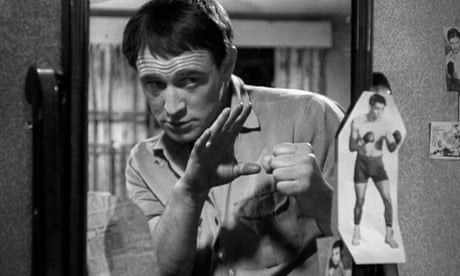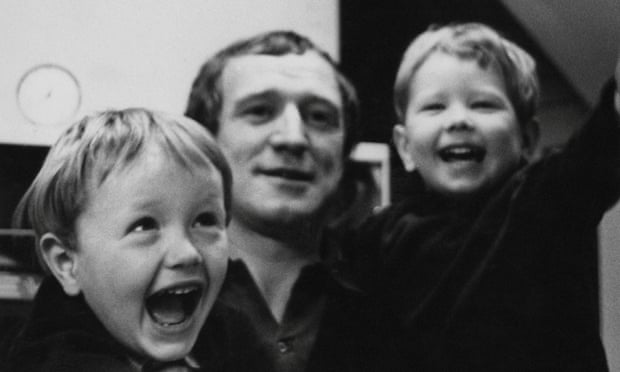Movie review: 'Brahmastra' is a Marvel-ous super powered epic
By Fred Topel

1/5
Shiv (Ranbir Kapoor) harnesses his Astra powers in "Brahmastra." Photo courtesy of Star Studios
LOS ANGELES, Sept. 9 (UPI) -- The Indian film, Brahmastra: Part 1 - Shiva, in theaters Friday, is a superhero origin story by way of Bollywood. The action and visual effects are on par with Hollywood's Marvel movies, but it's based on Indian mythology.
The great sages meditated in the Himalayas, where they learned to harness the Great Astras -- powers of animal or elemental gods. Brahmastra was the Lord of all Astras.
In present day Mumbai, Shiva (Ranbir Kapoor) is about to find out his true power. He falls in love with Isha (Alia Bhatt), and their courtship is interrupted by hunters looking for three Astras that can unite to give their owner ultimate power.
Brahmastra introduces Shiva dancing at a Diwali festival full of colored confetti and smoke. He's backed up by an impressively large crowd of dancers.
Shiva and Isha dance again at a children's birthday party, and the kids later join in. Afterward,, Shiva sings a love ballad, and there's also a training montage song when Shiva finds Guru (Amitabh Bachchan) so he can teach him how to use his powers.
Aside from the musical interludes and the language spoken, Brahmastra isn't any different from a Hollywood origin story. Shiva has visions of the killers hunting other Astra guardians, and he's had a supernatural relationship with fire his whole life.
Like Peter Parker testing his new spider powers or Neo learning Kung Fu in the matrix, Shiva will learn how to use his fire powers and continue to fight to protect the Astra in future installments.
It's a fairly standard "chosen one" narrative in which Shiva fulfills his destiny, but an entertaining one, and every culture deserves its own. The Astras are macguffins like the tesseract and Infinity Stones that get the heroes into battle with the villains, but they do date to Hindu legend.
The romance contributes to the mythological aspect of Brahmastra. Every love story has the trope of instant deep passion, but Shiva and Isha's is a tad more believable as a component of epic myth.
The Astra battles are as epic as any confrontation between Marvel heroes and villains, too. The killers first try to take the monkey Astra, whose owner gracefully dodges projectiles with flips and can stand on the ceiling.
Shiva's fire powers create arresting shapes in the sky and form weapons. The spectacle can become exhausting, especially after an epic, two-hour, 40-minute runtime, but that, too, is a caveat of the Hollywood superhero genre.
As the title indicates, this is only part one of Brahmastra. The conclusion leaves Shiv in a satisfying place, while promising exciting new adventures to come.
Fred Topel, who attended film school at Ithaca College, is a UPI entertainment writer based in Los Angeles. He has been a professional film critic since 1999, a Rotten Tomatoes critic since 2001 and a member of the Television Critics Association since 2012. Read more of his work in Entertainment.






















